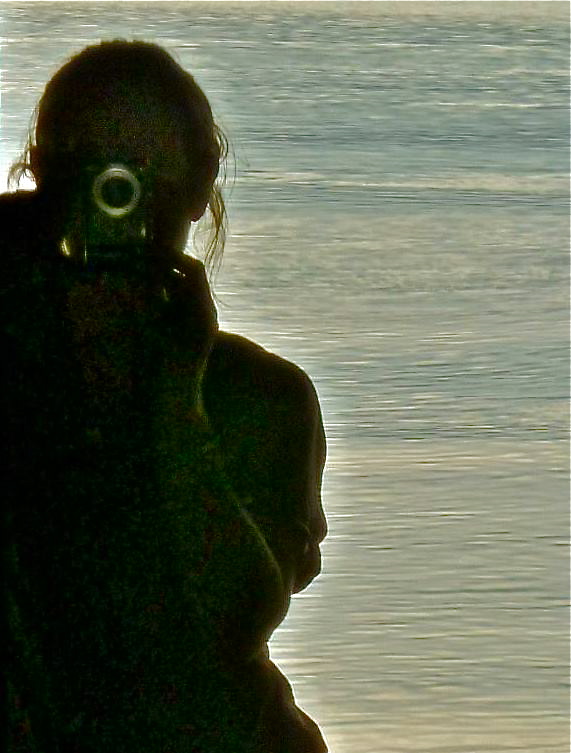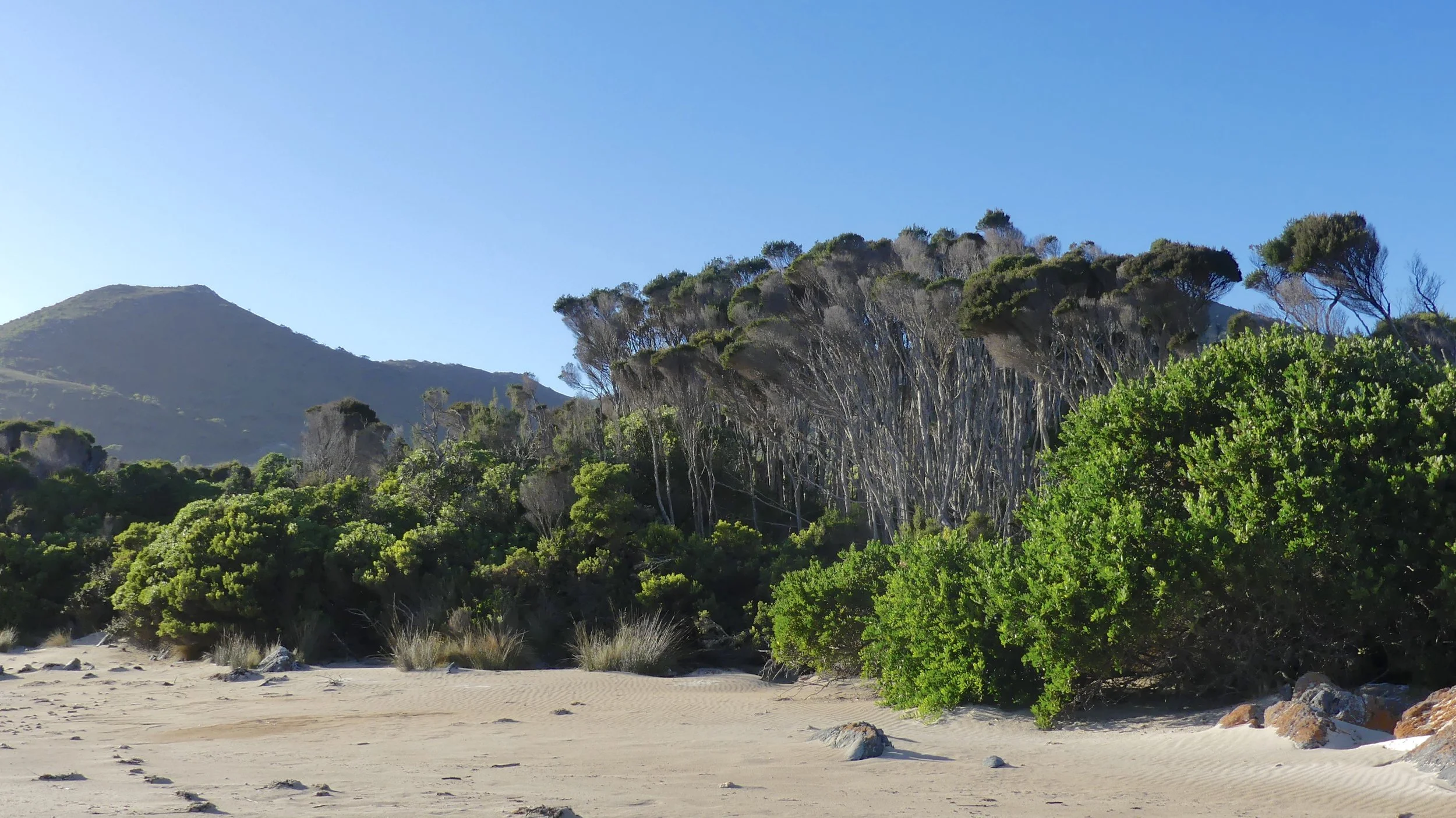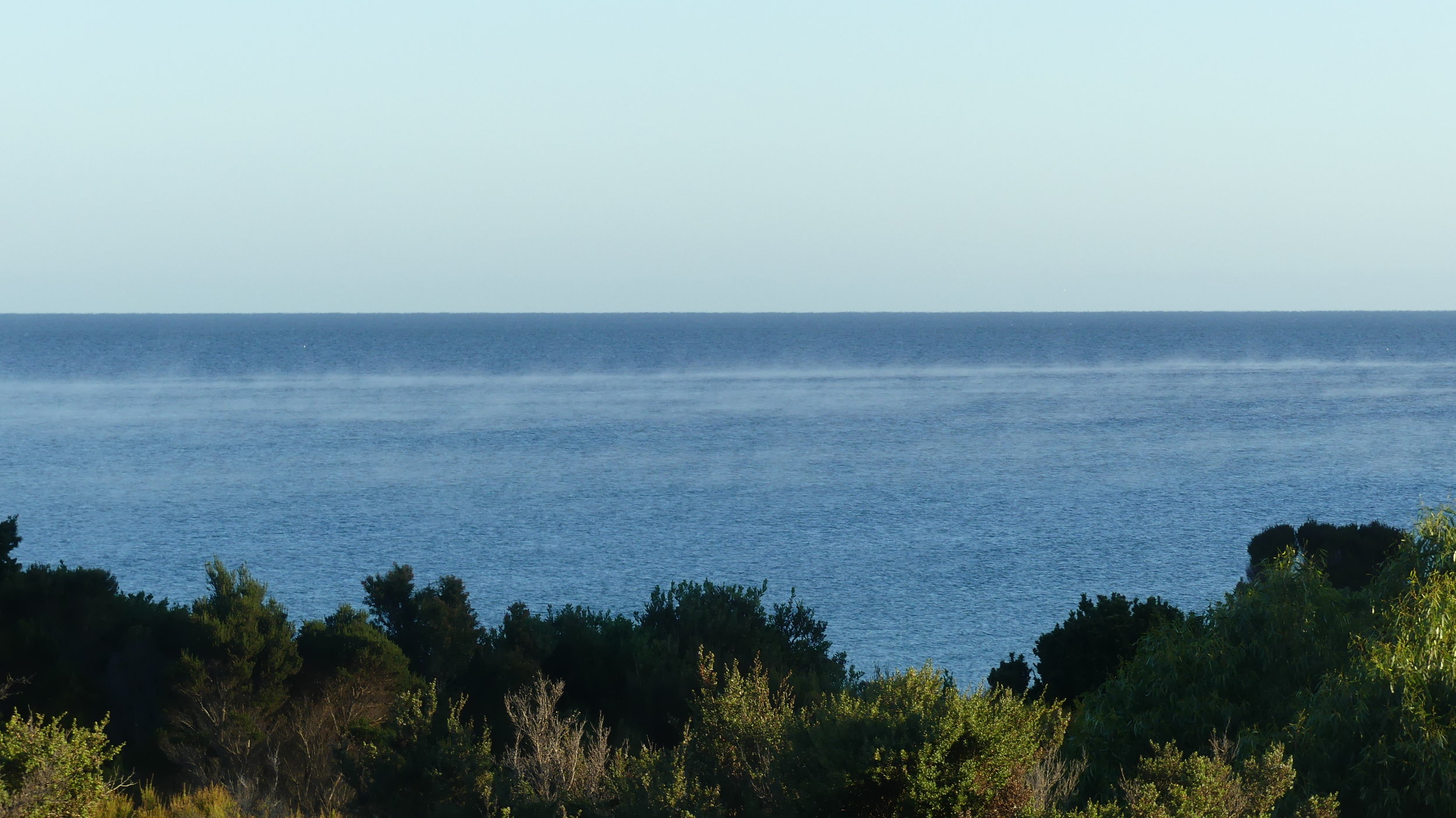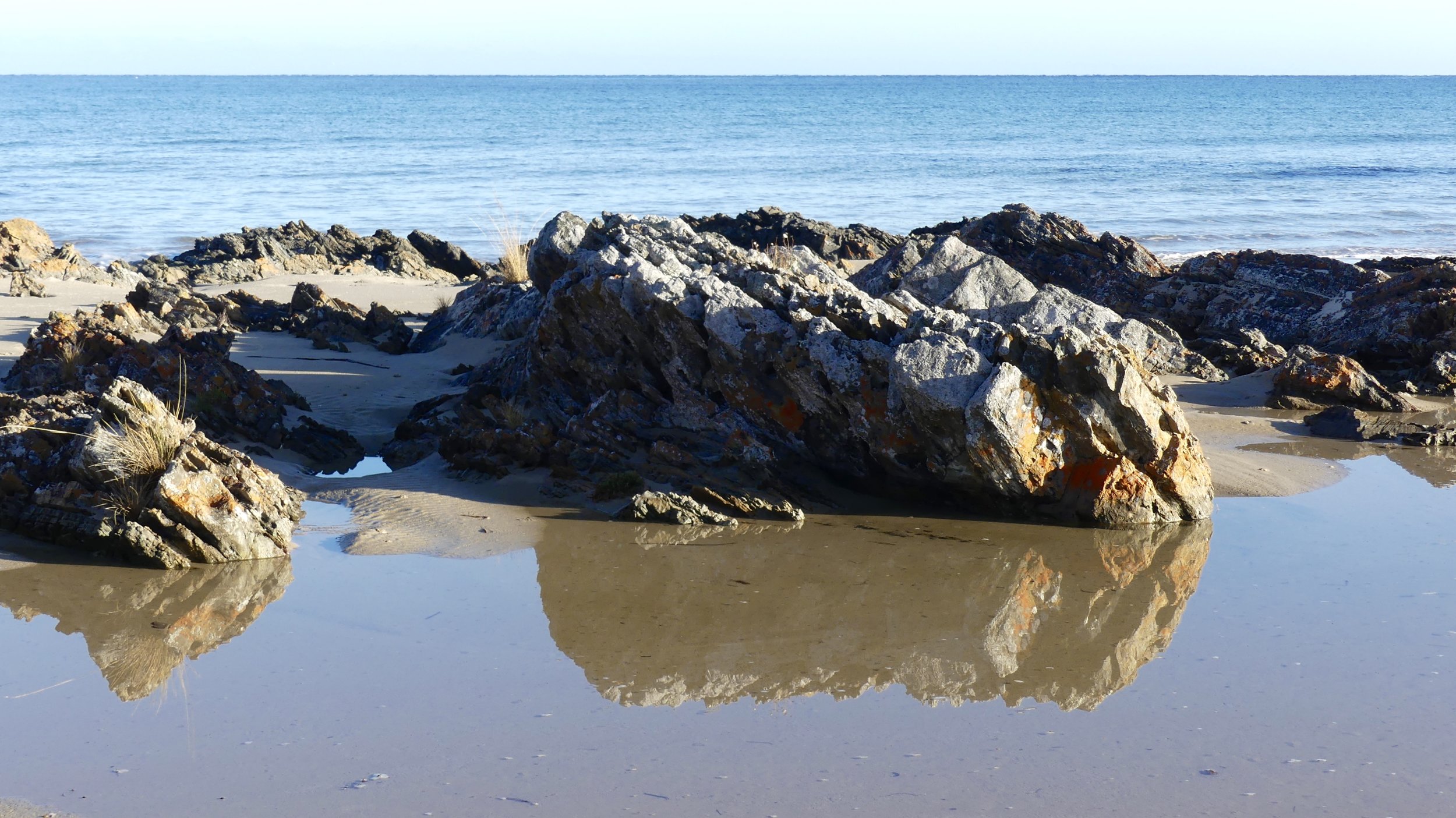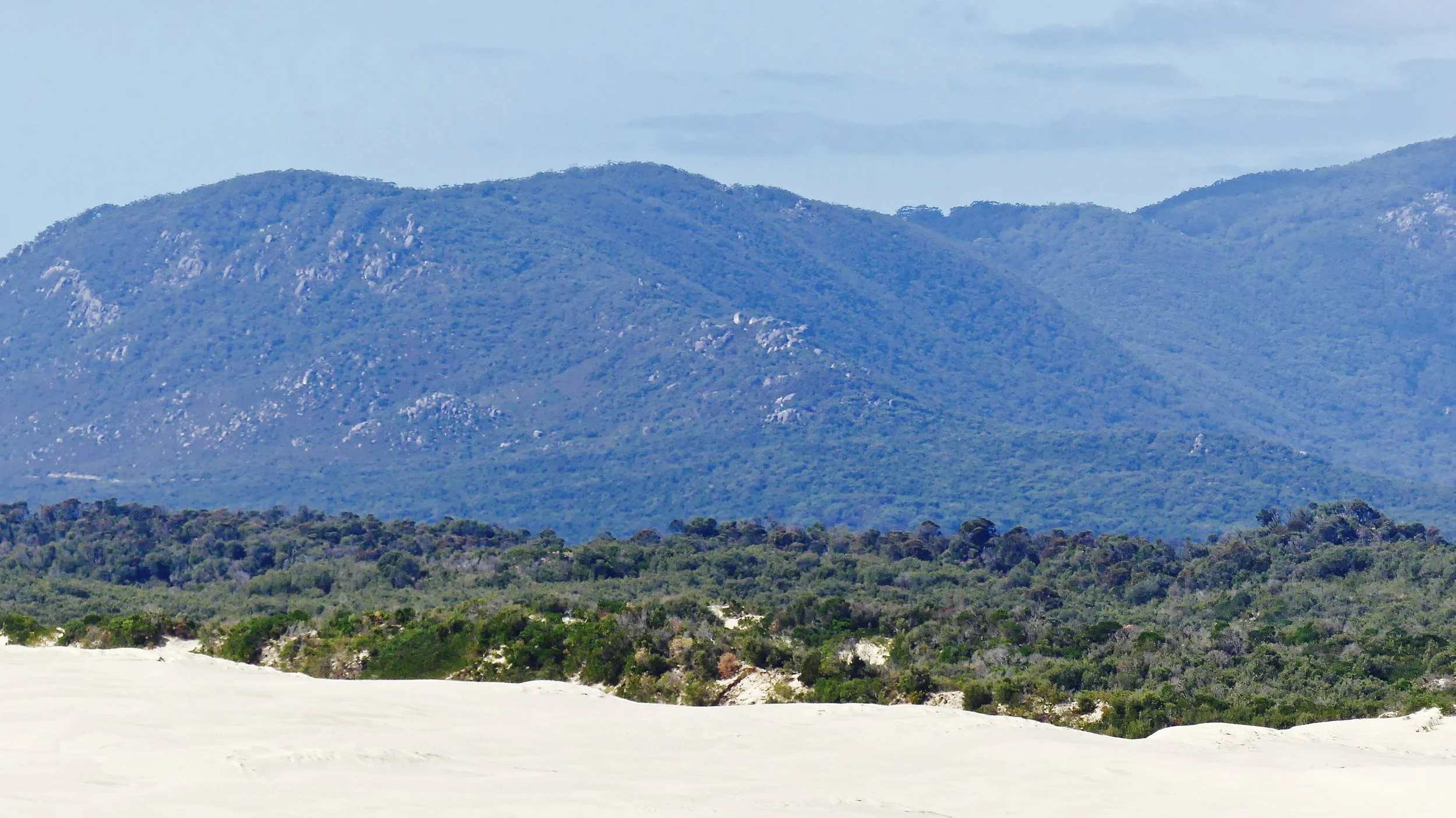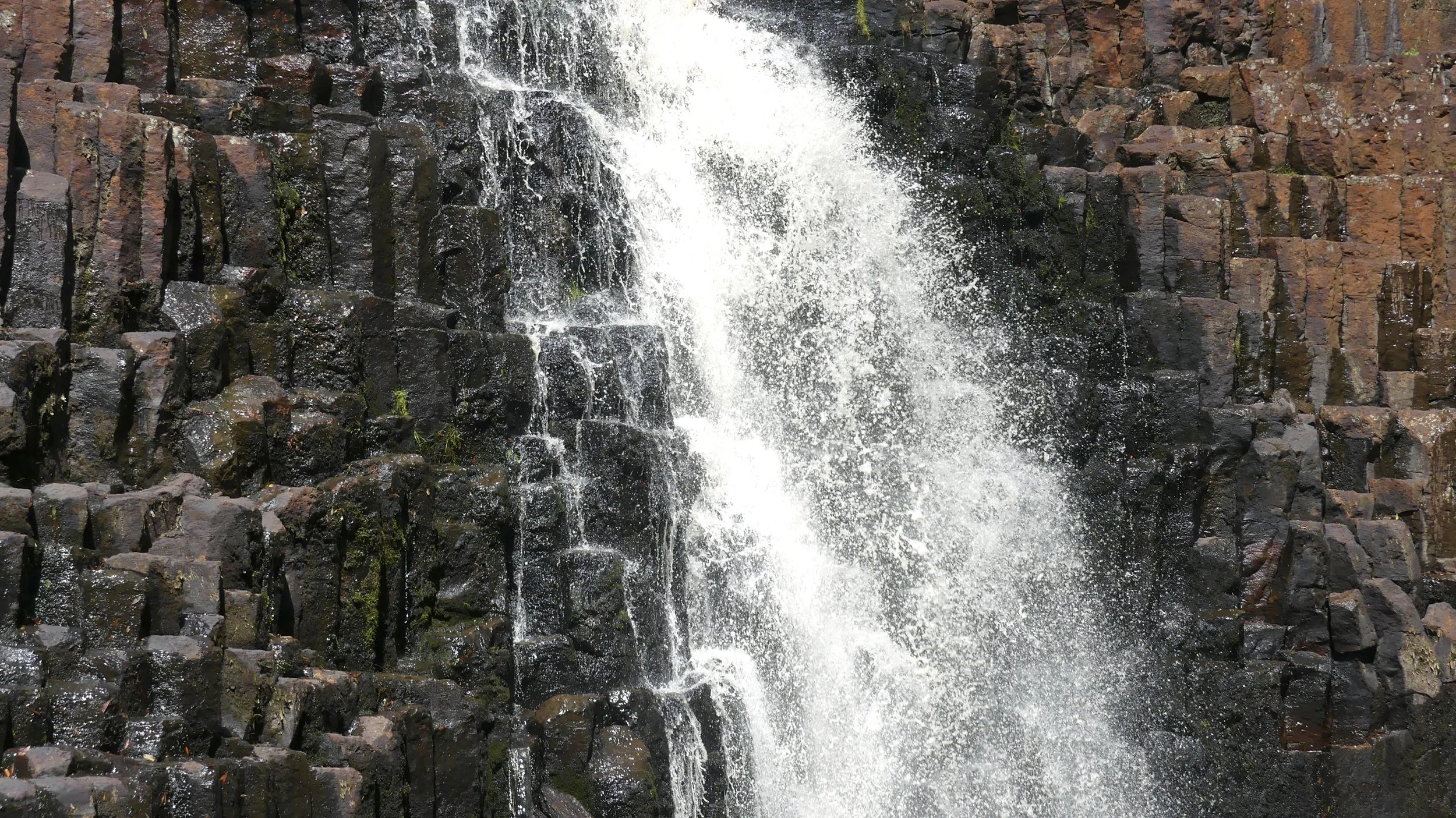Overs
In my previous life, I worked in publishing – illustrated books and magazines. Picture researchers were important members of the team. They would be given a subject by editorial; call in several variations on a theme; editorial and design would co-operatively select the most appropriate (on book teams); or the editor, in consultation with the art director, would make the final decision (on magazines). The system worked well unless you had a sociopathic editor. I worked for one who, on being informed the images were ready for her perusal, would prevaricate for hours, because she could. And this was on a weekly. Once page layouts were done, and copy-edited to fit, she might change her mind about illustrations. That's where 'let's look at the overs' came in.
In this life, I have been able to develop my interest in photography, which began in earnest on holiday in California many years ago, before being largely put on hold during the raising of three children. This has also been the blogging era, which has enabled me to write for myself instead of others, and combine two interests to describe a journey through strange and wonderful landscapes full of extraordinary inhabitants. However, even though I find water cascading over basalt columns in the Tasmanian Wilderness a marvel to behold, it doesn't mean everyone else will. Inevitably, readers' eyes will glaze over if a post is too long, includes complex concepts or too much terminology, and has many pictures of the same thing from only slightly different angles. Part of my friend's proofreading brief is to rein me in when I get carried away.
During a recent sojourn in northwest Tasmania, we went down to the beach when we tired of being housebound by rain the day of our arrival. It was beautiful. The second morning dawned bright and clear and we returned to the beach before breakfast: it was only a two-minute walk away. That morning's photographs did not make it into the Tassie posts, but it was such a stunning spot I'm going to exercise my editor's prerogative.
Whispy mist o'er the sea
And here are some ship stats I omitted earlier. Spirit of Tasmania I and II were built in Finland in 1998 and first sailed for owner TT-Line in 2002. The vessel is 194.33 meters long and has a gross tonnage of 29,338. Four twin turbo-charged diesel engines each generate 10,560 kW and consume approximately 7000 litres of fuel an hour between them. The ship's average speed is 27 knots (50 km/h) and the crossing time between nine and eleven hours. The distance from Port of Melbourne to Devonport is 429 kilometres. SoT is licensed to carry 1400 passengers, 110 crew and 500 standard vehicles. There are 222 cabins and 121 recliners, and sufficient life-saving equipment on board for 1910 people. The ship can carry 570 tonnes of fresh water, and its communications equipment includes satellite transponders. I took the photograph above from our balcony one early morning in January this year.
